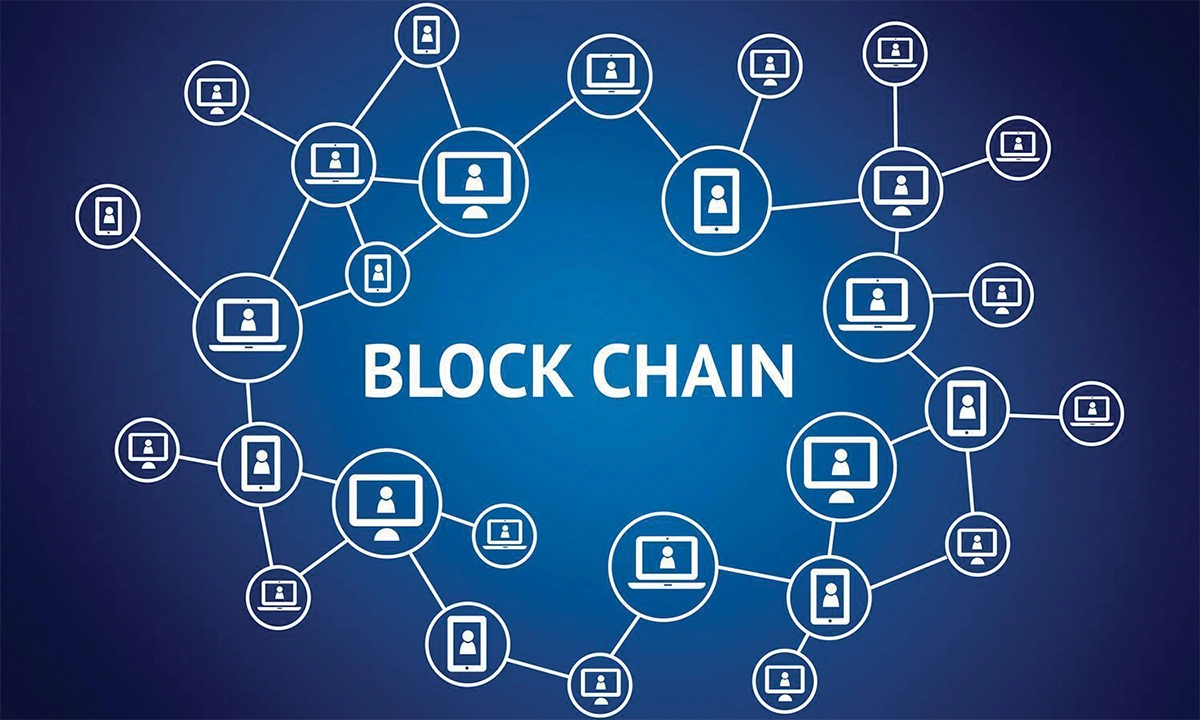Blockchains are digital ledgers that facilitate transparent, secure and unalterable transactions – an asset to be leveraged by marketers to increase trust in their brands while also generate leads for growth.
Mathematics allows people to verify identities without relying on one central authority, making it harder for hackers to steal data.
Users can manage their data and receive loyalty points to allow marketers better target them. This can bring about micropayments, cross-chain subscriptions or crowdsourcing platforms and micropayments themselves.
Accountability – Be transparent.
Transparency is a brand value. With the development of data analytics and blockchain technology, brands can now share more with their customers and provide them with a sneak peak into their business processes. Further, such technologies safeguard users and make document creation more efficient – for example blockchain can trace the origin of products to ensure legitimacy.
Blockchain is a decentralized, immutable ledger that enables users to exchange and store items of value – from tangible assets like cars and cash to intangible ones like copyrights and patents.
As transparency is becoming more important than ever in a globally connected world, sustainability and social stewardship driven brands will have lifelong consumer relationships. In the Edelman Trust Barometer survey from 2022, 73 per cent of people prefer companies who are transparent about their processes – like cosmetics brand Glossier who discloses their product development and review processes to the consumer.
Security.
Blockchains are safe database based on storage in blocks linked by cryptography. They are engineered so that they cannot be tampered with; new data blocks are signed and chronologically entered in the chain, so you can’t delete or modify previous deals – this is why blockchains power cryptocurrencies such as Bitcoin.
Blockchains are not only proof-of-conformity, but can also validate their authenticity to decrease costs, increase efficiency and offer opportunities for new business. A merchant based on a blockchain network tracking sales or inventory can also communicate real-time information to partners or customers for transparency and performance.
Blockchains could even shield information from hackers by reducing the number of verifiers. Banks, for example, can use blockchain to accelerate their KYC compliance and lower their compliance cost — particularly useful for organizations that need constant verifications.
Privacy
Blockchain is an easy-to-learn, permanent record of transaction. It could store legal documents, election ballots, inventory lists, national IDs and house-deeds – updates being made by a computer network that’s automated to receive digital tokens or cash rewards for editing records not redeemed by cryptography.
Companies are being very cautious about what this technology can do. In the health insurance company Anthem, blockchain will track and confirm customers’ health information continuously in real time, enabling them to detect fraud more easily while enhancing the customer experience.
For blockchain enthusiasts, privacy matters most. Blockchain networks are open-access, closed-access, or permaforate depending on the user requirements. The preference for private blockchains by business users is both for privacy but also that they have large computational overhead for transaction encoding and have very limited identity verification.
Price: The cost is quite high.
Blockchains are most familiar with Bitcoin, but can be implemented by industries in any industry that seeks to prove its data verifiable and dispensed with intermediaries like auditors or notaries at a fraction of the cost.
Banks run 24-hours a day and blockchains are awake. Their verification on a weekly basis eliminates risk and expenses for everybody Eliminates risk and expenses for everyone.
Brave Web browser platform makes use of blockchain to measure the views of ads among the users and compensate publishers accordingly in order to develop new micropayment structures. It might also lower the cost of content subscriptions, and make sharing digital art more convenient.
Blockchain, too, is changing supply chains as it enables companies to follow goods and trace down problems faster. It could save businesses time and money by reducing delays for food recalls or even identifying an E.coli or Salmonella outbreak; and also protect brands by allowing consumers to see where their products come from and that they are safe to eat.









